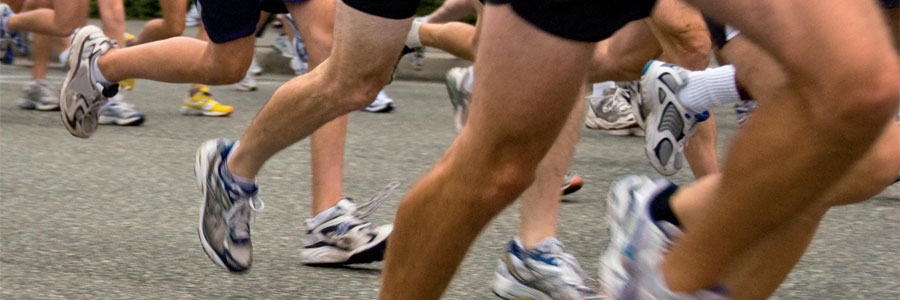Hexham Physio & Acupuncture
Helping you achieve a safe and speedy return to work, sport, and everyday life.
Physiotherapy
Full assessment, diagnosis and treatment to help you make a full and speedy recovery.
Advice on strategies to aid your return to work, sport and daily life, and ways to prevent your problem recurring.
Our musculo-skeletal system includes our muscles, joints, tendons, ligaments and nerves. Problems and injuries may occur in any of these structures, suddenly or over a period of time, and may cause pain, reduced movement, weakness and loss of normal function. These injuries may result from overuse of a muscle (repetitive strain), prolonged poor posture leading to abnormal tissue stresses, sports injuries such as strains and sprains, falls, and direct blows to tissue.
Physiotherapy plays an important part in rehabilitation, using manual and exercise therapies to reduce pain, restore movement, strengthen muscles and encourage normal movement patterns.
Conditions treated
- Neck/Back Pain
- Joint Problems
- Sports Injuries
- Muscle, Ligament & Tendon Injuries
- Arthritis
- Post-Operative Rehabilitation
- Work Related Rehabilitation
- Whiplash & Personal Injuries
- Headaches
- Pre and post natal back problems
Treatments available
- Joint Mobilisation
Small movements of one or more joints, usually of the spine, but also used for the peripheral joints. This helps to free the joints and relieve pain and spasm. - Massage
Done properly it will help relieve muscle spasm and increase the circulation to the injured soft tissues. - Electrotherapy
Ultrasound, TENS-this enhances circulation, aids tissue repair and helps to relieve pain - Exercises and sports rehabilitation
 Used to stretch and strengthen muscles, build core stability, improve proprioception and aid full and speedy return to normal activity.
Used to stretch and strengthen muscles, build core stability, improve proprioception and aid full and speedy return to normal activity. - Ergonomic and Postural Advice
Used to help you rebalance your posture and relieve pain by improve your working or living environment. - Taping
Using Kinesio Tex taping techniques to support and enhance movement - Acupuncture
Used in musculo-skeletal conditions to relieve pain and improve tissue healing - Advice on prevention of further recurrence of injury
Additional investigations, such as an X-ray or MRI scan may be recommended if your symptoms aren’t resolving.

